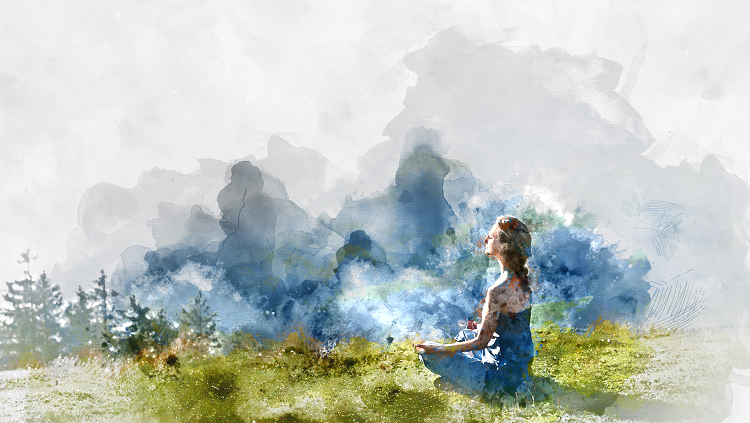Neuroscientists are exploring the source of the brain benefits behind habitual meditative practices.
Brain Awareness Week
A worldwide celebration of the brain that brings together scientists, families, schools, and communities during the third week in March.







